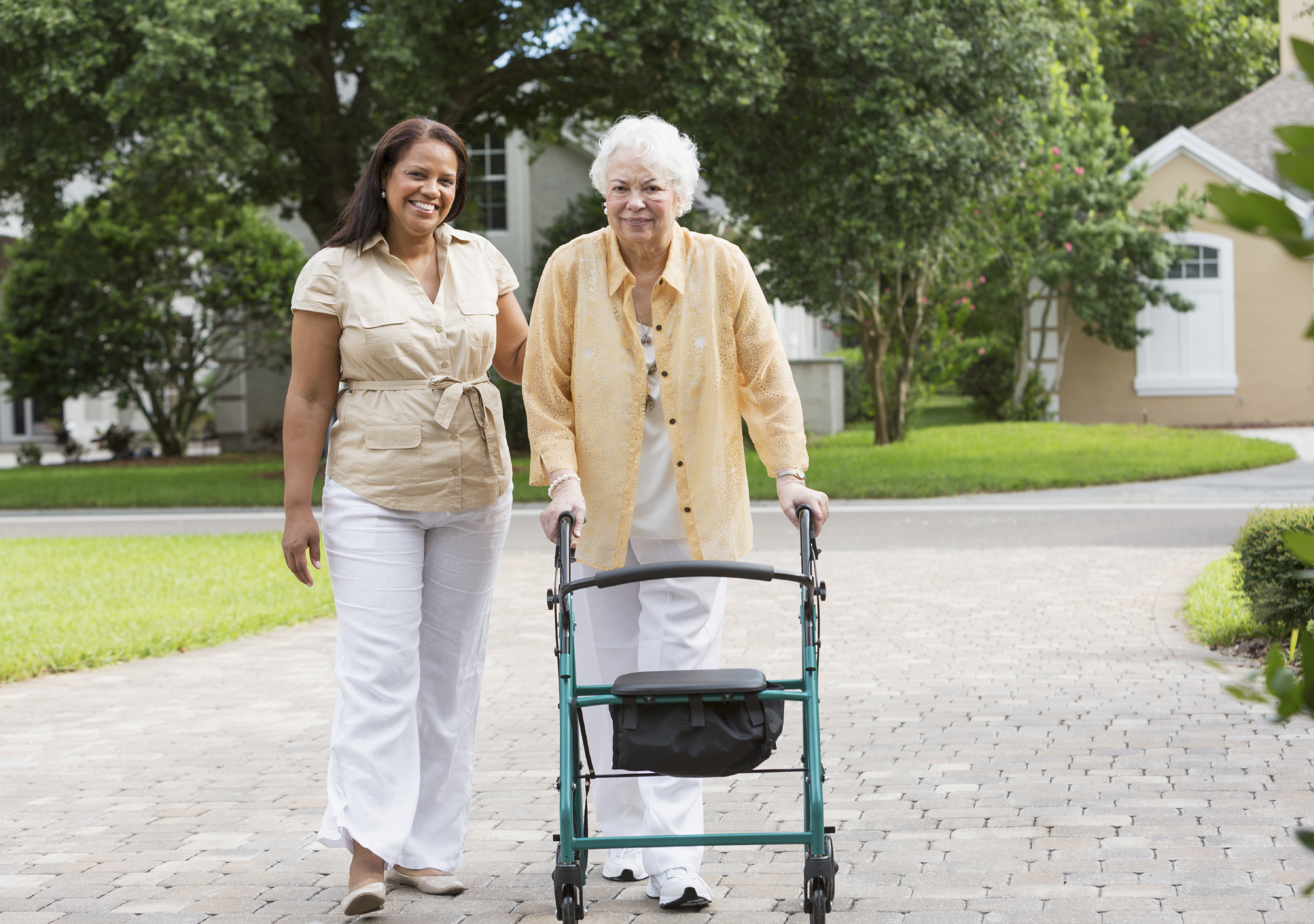Rule #3 for Preventing Re-Hospitalization? Retire the Answering Machine.
Medicare rewards HHAs for LOW hospitalization rates, and punishes HHAs with high rates. For Medicare (and all payers for that matter), re-hospitalizations imply substandard care.
Rule #1 for Preventing Re-Hospitalization? There's Someone to Teach.
Preventing re-hospitalization is a critical goal for healthcare systems worldwide, aiming to improve patient outcomes and reduce unnecessary healthcare costs. Central to achieving this objective is the presence of knowledgeable individuals who can effectively educate patients about...
OASIS-E O0110A: Are You Careplanning for Chemotherapy?
O0110. Special Treatments, Procedures, and Programs: Cancer Treatments
Navigating a cancer diagnosis is a complex and emotional journey, where one of the most critical aspects is planning for chemotherapy. Ensuring a comprehensive care plan is essential to manage the physical,...
If Patient is Wheelchair-Bound Complete OASIS-E GG0170 Accordingly
If your patient is wheelchair-bound AND will receive Physical Therapy, it is important to note which GG0170 assessment questions are applicable. It is ALSO important to note that if the patient will NOT be receiving physical therapy, GG0170 should be skipped or each question answered...
Parkinson's Disease: Manage 'Freezing' Episodes...Oral Care
Parkinson's disease (PD), a progressive neurodegenerative disorder primarily affecting motor function, is the second most prevalent neurodegenerative disorder in the US following Alzheimer's disease. Men are 1.5 times more likely than women to develop Parkinson's disease.
Teach Patients to Manage Insomnia
Managing Insomnia Helps Other Medical Problems
Helping patients to manage insomnia helps other medical problems, most significantly...
7 Different Careplans for OASIS M1870: Are You Using the Right One?
There are seven (7) different careplan scenarios based on the answer to OASIS M1870 Feeding or Eating. If the patient is not independent in feeding her/himself (answer '0') , the patient should be any of the the following seven (7) careplans:
OASIS (M1033) Hospitalization Risks: Patient Teaching Plans
If your patient has rehospitalization risks - those that are documented on M1033 (listed below) - your careplans (i.e. the CMS485) should include goals and interventions for the identified risk.
The careplans for these risks may already be included on the CMS485 for the patient's...











